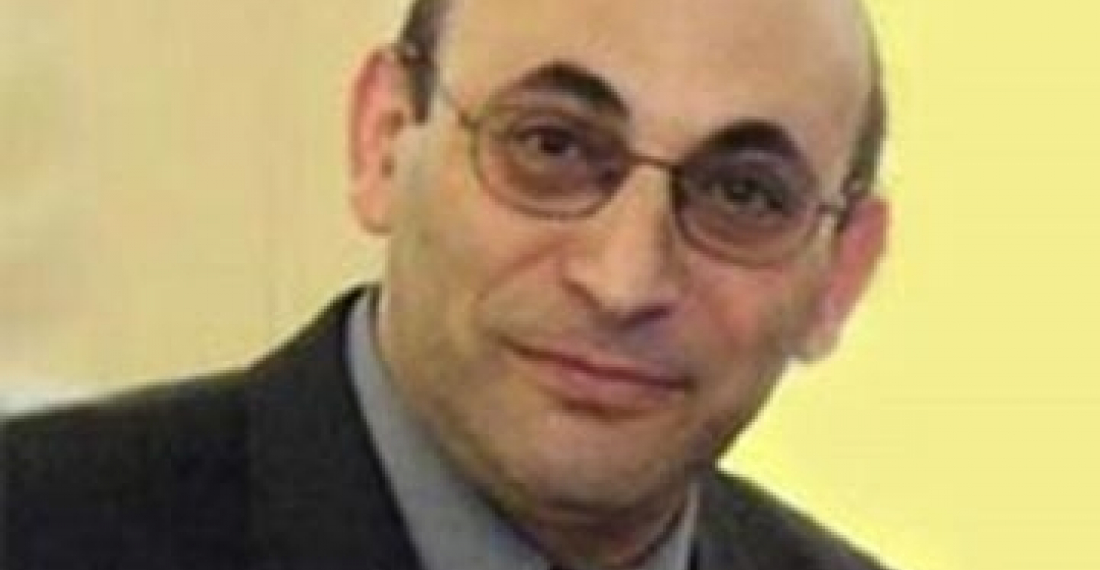The compromise may be only bilateral, and in this context the main mistake of Azerbaijan is that it does not want to go to contacts, talks and take Karabakh as a party to the conflict, the known Azerbaijani political expert, Arif Yunusof, told Arminfo correspondent.
"We have to reckon with Karabakhis, talk to them and discuss their problems. If Ilham Aliyev says about wide autonomy, let him specify what he means. I understand very well that any document about the autonomy will be negatively accepted by the Karabakh party. As for me, it is not so much important for me to speak about the status than about the dialogue, as I understand that the third new option may appear", - he said.
Yunusof added that they may possibly think about setting up of the federation republic in which Karabakh will be an associated member. There will be no tragedy in it. It is senseless to argue about the Karabakh status, the discussion should be simply transferred to the constructive channel. We should start discussing the problem and looking for the new ways out of it, he said and added that in the near future Karabakh will hardly get the independence which it is striving to. It is also clear that returning of Karabakh to the status of autonomy without taking into account the results of the battle action and the established status-quo is also impossible. For this reason, we should make the Karabakh residents understand that their existence within Azerbaijan, even the nominal and declarative one, is more beneficial than outside it. And it is impossible without dialogue and contact and until the front line is available.
Yunusof thinks that Azerbaijan should undoubtedly accept Karabakh like a party to the conflict, as the present situation looks funny. Azerbaijan does not respect Karabakh and its residents. And all the contacts look like an absurd. For instance, an attempt of the meeting of the "Armenian and Azerbaijani communities of Karabakh" in Berlin. This is not serious and looks like an imitation which is inadmissible. "One must not go to Karabakh with a peace mission like out ambassador to Russia, Polad Bul-Bul ogli did, and say after returning that they should put an end to Karabakh. If you speak about the war, why did you go to Karabakh with a peace mission?", - Yunusof asked.
"As for the Madrid principles, they are good, as they delay settlement of the problem of status-quo for 10-15 years. But at the same time, these principles are abstract, as they suppose that in 10-15 years our societies will change in a fantastic way and become tolerant and ready to compromise. But this is a lie, as without democratizing of our peoples, it is not serious to hope for the Karabakh conflict settlement", - Yunusof concluded.







